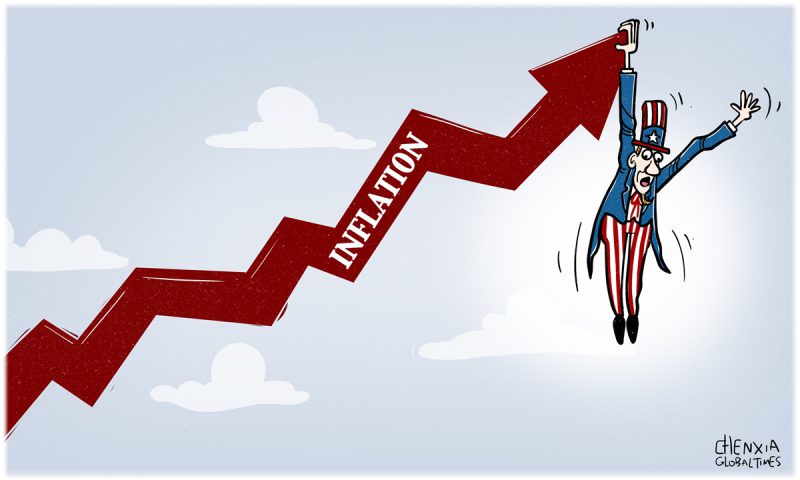The U.S. Bureau of Labor Statistics is set to release the inflation data for the month of August tomorrow, September 13th. The data is expected to release at 8:30 am. Inflation has skyrocketed worldwide. Most major economies of the world have witnessed record numbers, not seen in many decades. One crucial reason for rising costs is due to the energy crisis set off by the ongoing Russia-Ukraine conflict.
The US, Canada, Eurozone, and the UK among others, have all seen a massive rise in their CPI (Consumer Price Index). The US’ numbers for July stood at 8.5%, which was the lowest since April. The Eurozone on the other hand had a 25-year high number at 8.9% for the month of July. Inflation in the UK reached 10.1% for the month of July, the highest in 40 years. The UK is the only G7 country with double-digit CPI numbers.
What to expect from the August inflation numbers?
According to analysts, the government might see numbers in the range of 8% CPI. Lower gas prices should ideally hold record a lower number. Nonetheless, the Federal Reserve is unlikely to reduce interest rates anytime soon as the number is still shy of what the target is.
The index’s services component is heavily influenced by housing costs, which are projected to increase further due to growing rental prices. According to Ian Shepherdson from Pantheon Economics, the biggest contributor to the month-to-month CPI numbers will be housing rents.
Nonetheless, he says that,
“We see a decent chance that the pace of rent increases has now peaked, though the uncertainty here is still great, given the unprecedented conditions in the rental market.”
Furthermore, according to Jerome Powell, Chair of the Federal Reserve, some “pain” is headed for the US economy. While delivering the annual policy speech at Jackson Hole, Wyoming, Powell said that the FED would continue to raise interest rates to fight rising inflation numbers.
The CPI results which are due tomorrow might have an impact on the crypto markets, as they always do. However, whether the impact is positive or negative, that remains to be seen. But if interest rates continue to rise, it will most likely be the latter.





